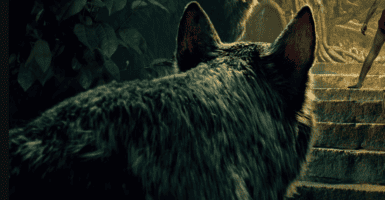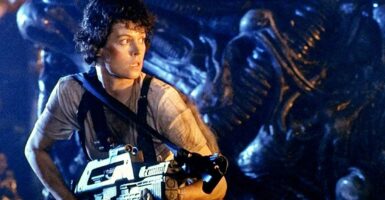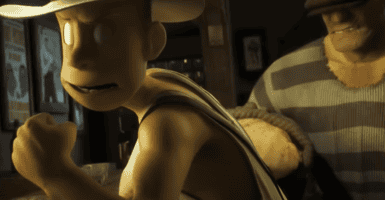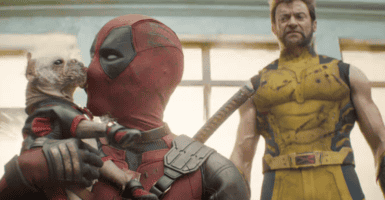7 Movies That Would Have Been Better As TV Shows
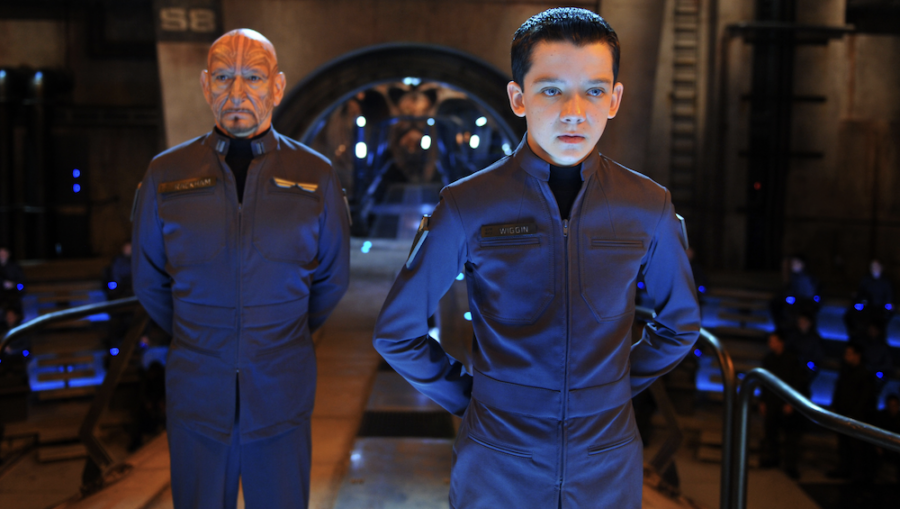
While movies offer a condensed and immersive cinematic experience, some stories require more time. TV shows provide a unique platform for storytelling that their big-screen counterparts cannot replicate. With longer runtimes and more episodes, a series allows for more character development and exploration of complex plotlines, which adds depth and richness to the story.
The Giver (2014)
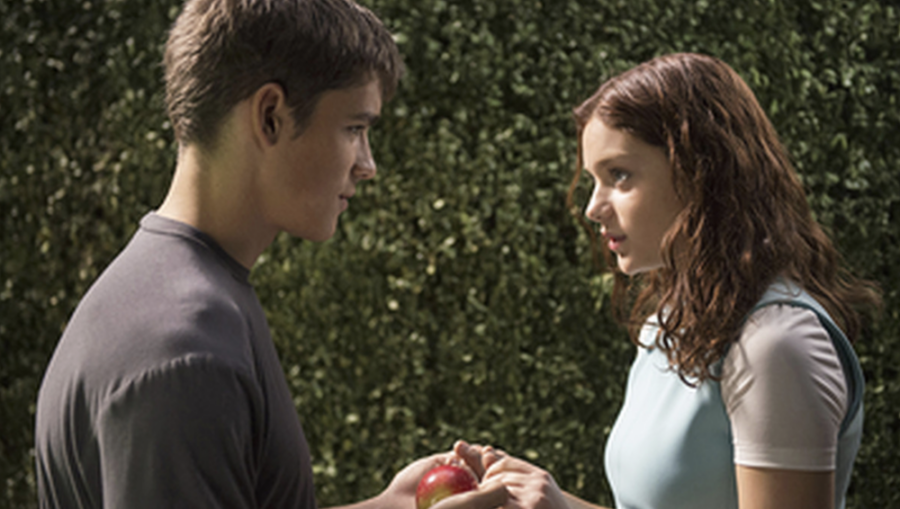
The Giver is a dystopian drama directed by Phillip Noyce, starring Jeff Bridges, Brenton Thwaites, Odeya Rush, Meryl Streep, Alexander Skarsgard, Katie Holmes, Cameron Monaghan, Taylor Swift, and Emma Tremblay. Based on the 1993 Lois Lowry young adult novel of the same name, the story follows Jonas, who lives in a future society where complacency is valued above all else.
After being chosen to become the Receiver of Memory, Jonas discovers the sinister secrets that hold his fragile society together. However, the film received mixed reviews, with some praising its visual style and others criticizing its deviation from the source material. A TV show could have been a more faithful adaptation, with more time to explore the characters and themes.
Tomorrowland (2015)
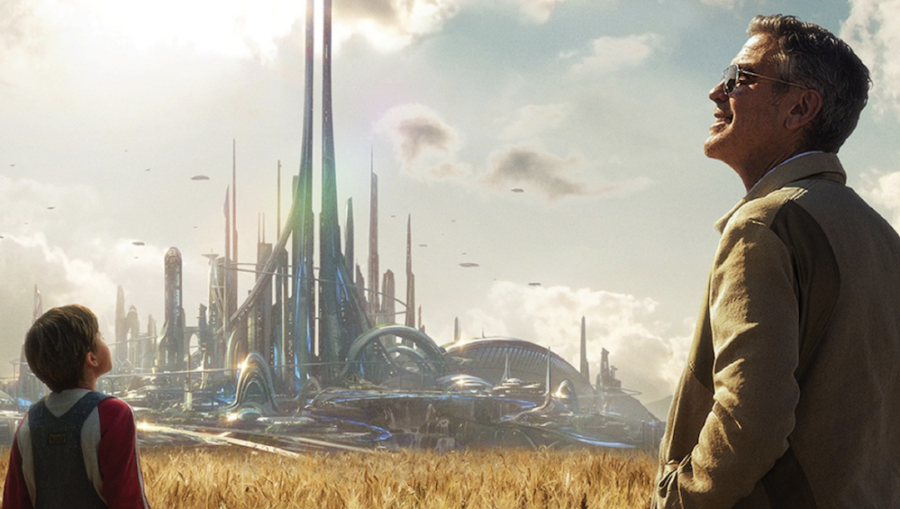
Tomorrowland is a science film directed by Brad Bird from a screenplay he co-wrote with Damon Lindelof. It stars George Clooney, Hugh Laurie, Britt Robertson, Raffey Cassidy, Tim McGraw, Kathryn Hahn, and Keegan-Michael Key. The story follows a teenage girl named Casey Newton, who discovers a mysterious pin that transports her to a futuristic world called Tomorrowland.
She teams up with a former boy-genius inventor Frank Walker, and together they embark on a mission to uncover the secrets of Tomorrowland and save the world. The movie received a lukewarm reception from critics, who praised its premise but felt it lacked focus and failed to fully explore its potential. A TV show could have delved deeper into the world and its characters.
The Mortal Instruments: City of Bones (2013)
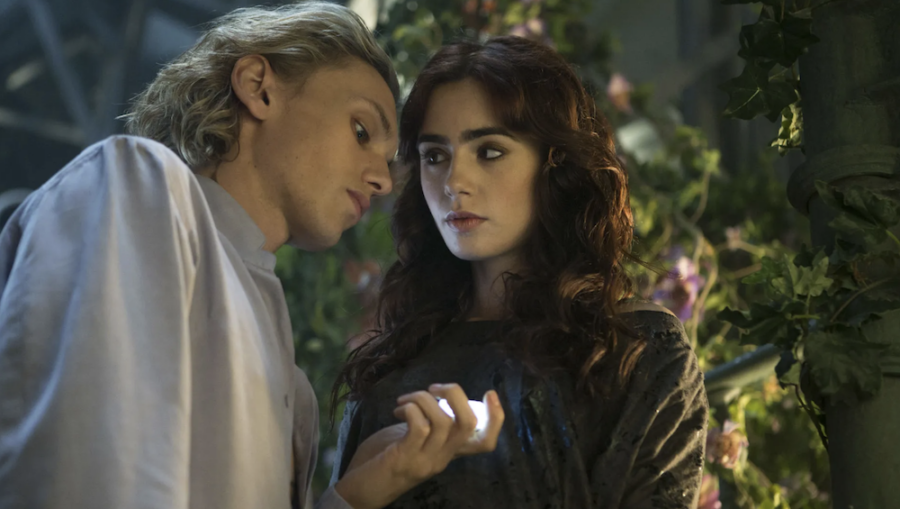
The Mortal Instruments: City of Bones is an urban fantasy film based on The Mortal Instruments series by Cassandra Clare. The story follows Clary Fray, a teenager from New York City who discovers she descends from a line of warriors protecting the world from demons. After her mother disappears, Clary joins forces with other Shadowhunters (half-angel warriors) to find her.
The film is directed by Harald Zwart from a script by Jessica Postigo and stars Lily Collins as Clary Fray. But the movie failed to capture the essence of complex mythology and characters from the beloved novel series. Realizing that a TV show could have better explored the world and characters, plans for a sequel were scrapped. Instead, a series called Shadowhunters was released, running for three seasons.
Ender’s Game (2013)
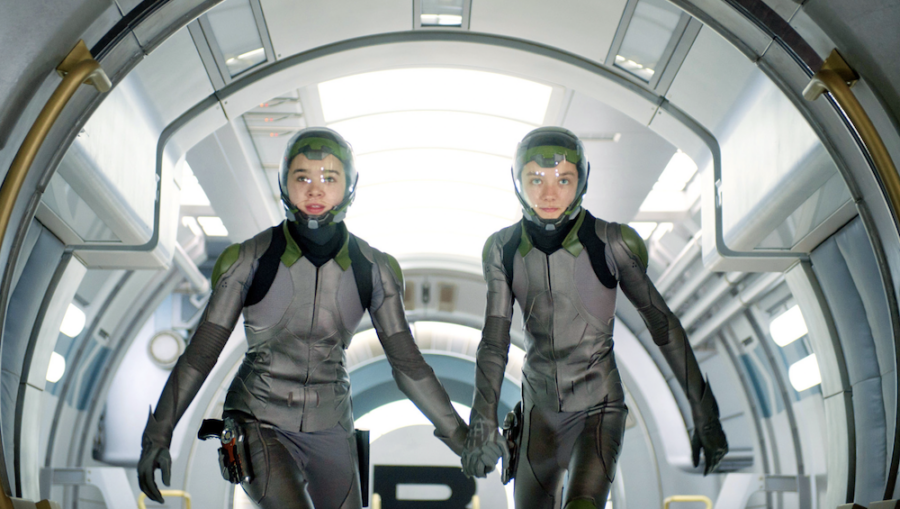
Ender’s Game is a science fiction film directed and written by Gavin Hood. Based on the Orson Scott Card novel of the same name. The story follows Andrew “Ender” Wiggin, a gifted child sent to a military academy in space to train for a future alien invasion. As part of his schooling, Ender leads a team of young cadets in simulated battles against an alien race known as the Formics.
The film received mixed reviews from critics and was a box-office disappointment. Despite plans for a franchise, the movie failed to capture the source material’s complexity and depth, and plans were put on hold. A TV show would have been a better fit, with more time to explore the characters and themes, creating a more faithful adaptation.
The Matrix (1999)
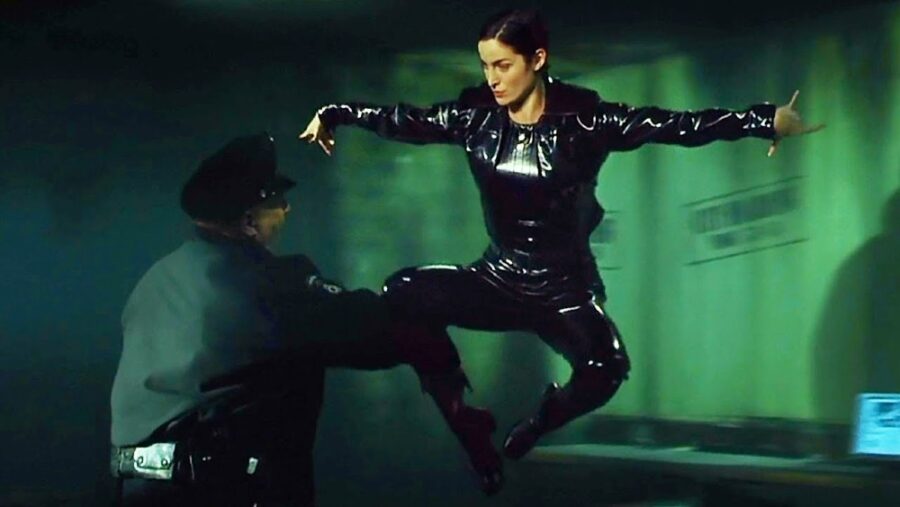
The Matrix is a groundbreaking science fiction movie released in 1999, directed by the Wachowskis. The film’s innovative and groundbreaking special effects have significantly impacted the movie industry. The story follows computer programmer Thomas Anderson (Keanu Reeves), who goes by the hacker alias “Neo,” as he discovers that the life he knows is an elaborate program created by an evil cyber-intelligence.
So he joins a group of rebels led by Morpheus and Trinity to fight against the machines that control humanity. The Matrix was hailed for its innovative visual effects, action sequences, cinematography, and entertainment value. But it could have also been expanded into a TV show, with more time to explore the philosophical themes and complex plot.
The Hunger Games (2012)
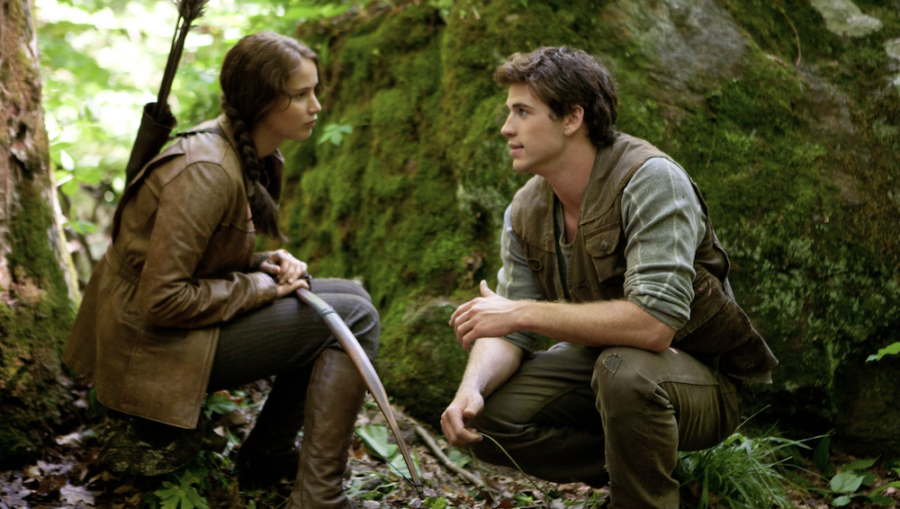
The Hunger Games is a 2012 dystopian science fiction film directed by Gary Ross. Based on the 2008 Suzanne Collins novel, the story is set in a dystopian future where the totalitarian nation of Panem is divided into 12 districts and the Capitol. Each year, two young tributes are randomly chosen from each district to participate in a televised fight-to-the-death contest called The Hunger Games.
The film focuses on 16-year-old Katniss Everdeen, from District 12, who volunteers to replace her younger sister in the games. Along with her male counterpart, Peeta Mellark, Katniss is pitted against bigger, stronger opponents, some of whom have trained their whole lives. Although the movie was praised, the TV show could have explored the characters and world in greater depth.
The Dark Tower (2017)
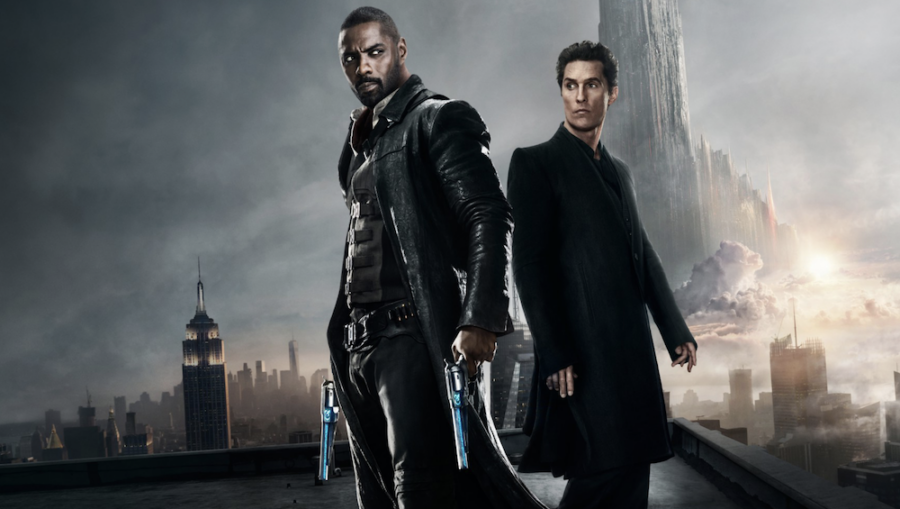
Based on Stephen King’s novel series of the same name, The Dark Tower follows 11-year-old Jake Chambers, who experiences visions of a Man in Black seeking to destroy a Tower and bring ruin to the universe.
Roland Deschain, the last Gunslinger, is locked in an ongoing battle with the Man in Black and must prevent him from toppling the Dark Tower as it holds the universe together.
Directed by Nikolaj Arcel, the movie stars Idris Elba as Roland Deschain, Matthew McConaughey as The Man in Black, and Tom Taylor as Jake Chambers.
While the film earned $113 million at the global box office, it received generally negative reviews. The biggest criticisms were the short run time and its failure to condense a complex story into a single film. A TV show with more time to explore the source material would have been a better adaptation.


